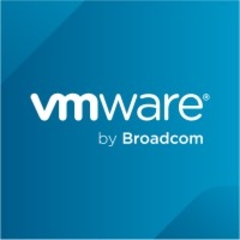The primary use case for vSphere is that it can be used to deploy space applications to consolidate environments. You can be in production or in a data center, and you want each application to perform or to run only on a particular server. To create that consolidation and that separation of services, you could deploy vSphere.
Nowadays, servers are very robust. You can have a server of 18 cores and a server of 75 terabytes or 100 terabytes. That's a huge investment for a company, and you cannot just deploy a single application. So, with vSphere it will permit you to deploy the hypervessel on that server and later on add servers little by little that can meet your needs.
In terms of the usability, it's user-friendly; VMware vSphere is much simpler as compared to Oracle. Even a French-speaking citizen or foreigner can easily implement it.
It's much more stable than other products. It is scalable and easy to implement as well.
It would be good if VMware vSphere could permit hard partitioning. If a company wants to purchase very expensive applications such as Oracle E-Business Suite or Oracle Fusion and they have vSphere technology implemented in their data center, it will cost them a lot because it has a very heavy, strong, or robust server that has strong processing capacity. The license will not cost the license of vSphere, the virtual server created by vSphere. The license will be the license for the whole server, so it creates a lot of challenges.
If it's possible for virtual hard partitioning to be implemented so that those who are using very sophisticated applications like E-Business Suite and other applications that require licensing on a processor, a virtual processor, could benefit from it, then it would be great. That is, integration with more expensive platforms is needed.
It would be nice to pay once for an unlimited license. If you decide to quit later on, you could pay the support charges.
I've been using VMware vSphere for about two years.
It's much more stable than other products.
It's very scalable because you can create a cluster. You can add a cluster and add another server in the nodes or in the cluster which you have created.
It's user-friendly, and it's really easy for a beginner to install. Now, there are appliances that you can deploy directly. So, I think it's very easy compared to that of others in the market. I have deployed it in large environments and even a test environment.
We implemented it ourselves.
I think the licensing cost depends on the number of users.
VMware vSphere is user-friendly and easy to implement, so I will recommend it. I would rate it at eight on a scale from one to ten.

















